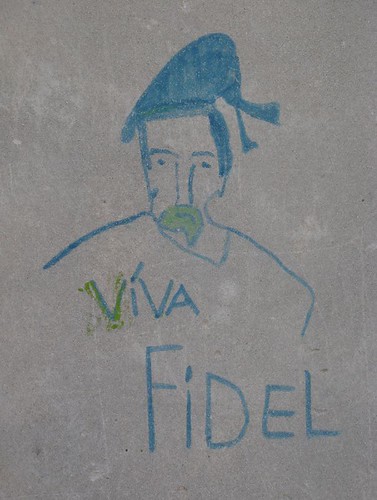On the 29th of January the Frederiksberg county court (in Denmark), at the request of the International Federation of the Phonographic Industry (IFPI), ordered (court decision available here) the ISP Tele2 to block access to The Pirate Bay. In 2006 a Copenhagen court ordered Tele2 to shut its customers’ access to AllOfMP3.com, a Russia-based online music site.
According to The Pirate Bay the only other countries to block The Pirate Bay are China and Turkey (Piratbyrån). The Danish Pirate group have already published articles on how to bypass the measures set up by Tele2 and have prepared a letter of complaint for the customers of Tele2 to copy&paste into emails (Also on jesperbay.org).
In Sweden the courts are beginning to move on the Case against The Pirate Bay (BBC News). Similarly in China, three major music industry companies petition courts to order Baidu to remove all links on its music delivery service to copyright-infringing tracks. (PC world, ArsTechnica).
We all know that these organizations are being attacked the question is what is it that they are doing that is so wrong?
First of all it is important to state that these sites, possibly with the exception of AllOfMP3, do not have copyrighted material on their servers without permission. In other words the organizations cannot be sued for direct copyright infringement.
They are being sued for helping others find that material. Some argue that that the role of The Pirate Bay is similar to that of linking (Copyriot). In other words the Pirate Bay is no different to Google or Yahoo. The debate on linking, and in particular on deep-linking & framing, was never really ended. It seems to have fizzled out in the last millennium, with non-cases such as Shetland Times vs Shetland News (in 1996 see for example BBC).
Eventually the whole concept of depth was lost on the Internet – in more ways than one it may seem.
But is The Pirate Bay only linking? The Pirate Bay is a large collection of torrent files. These files (and their protocol) are an ingenious way of utilizing the web to ensure redundancy of information and the a distribution of traffic to remove bottlenecks.
The information contained in these files help to the person wishing to download. With no technical knowledge the user can download copyrighted material seamlessly from several sources at the same time while downloading the user also shares the parts of the material he/she already has downloaded. The actions of the user are a clear case of copyright violation if the original material is copyrighted and is shared without the consent of the copyright holder.
The Pirate Bay stores the torrent files and hands them out to all who want them. They have no way of knowing whether the torrent files contain information about legal or illegal material. Whether it is there with or without the consent of the copyright holder. So are they contributing to copyright infringement?
Contributory infringement analogous to the getaway driver in a bank robbery. Even though he/she did not go into the bank he/she is part of the robbery. There are two parts in contributory infringement: The infringer knew or had reason to know of the infringing activity and active participation in the infringement (for example inducing it, causing it or contributing to it).
It is difficult for The Pirate Bay to claim that they have not had reason to know that their site is playing an important role in the copyright infringement of others and supplying the torrents in a easy to use way could definitely be seen as contributing to the infringement.
Of course the same arguments can be made against many search engines but The Pirate Bay cannot use the argument that it is used mainly for legal purposes as Google would argue. The argument that The Pirate Bay may be discriminated against in the fact that it is being singled out for prosecution may be true but it is hardly a defense that will successfully permit any contributory infringing behavior.
We should expect to see the case against the Pirate Bay move from upwards and onwards until it reaches the highest court. Most probably by the time the case is resolved reality and business models for online content will have changed…
We look forward to many interesting arguments along the way.

